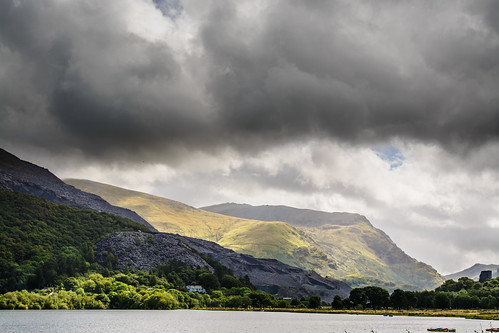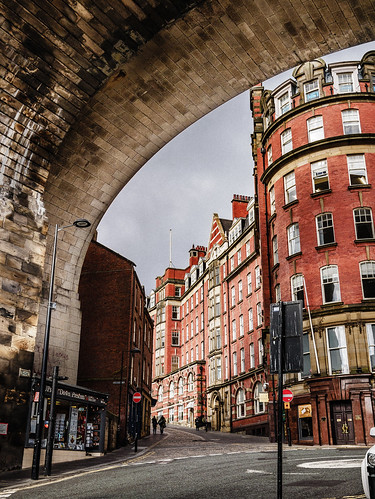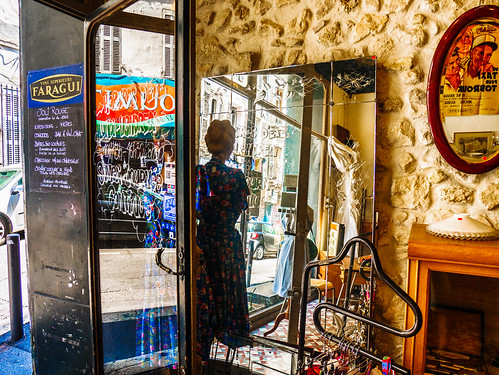Still getting used to the new camera, but there was some fantastic light first thing this morning.
Posts by author:
Chris Bertram
Here’s a row of houses in Southville, Bristol near where I live. I’m hoping to have a burst of photographic activity now, having just taken delivery of a new camera, a Panasonic G9, last week.
And now for an appeal: Bristol Refugee Rights, where I’m chair of the board of trustees, is a charity providing support, advice, education, meals, social space and other services to refugees, asylum seekers and other vulnerable migrants in the Bristol area. Funding is always tight, and we desperately need to raise £29,000 to keep our advice services running. We’ve [started a crowdfunder to this purpose](https://www.fundsurfer.com/crowdfund/bristol-refugee-rights-advice-service), and I’d urge everyone (especially if you like these Sunday photos) to contribute.
Candice Delmas, *A Duty to Resist: When Disobedience Should Be Uncivil* (Oxford University Press, 2018).
Political obligation has always been a somewhat unsatisfactory topic in political philosophy, as has, relatedly, civil disobedience. The “standard view” of civil disobedience, to be found in Rawls, presupposes that we live in a nearly just society in which some serious violations of the basic liberties yet occur and conceives of civil disobedience as a deliberate act of public lawbreaking, nonviolent in character, which aims to communicate a sense of grave wrong to our fellow citizens. To demonstrate their fidelity to law, civil disobedients are willing to accept the consequences of their actions and to take their punishment. When Rawls first wrote about civil disobedience, in 1964, parts of the US were openly and flagrantly engaged in the violent subordination of their black population, so it was quite a stretch for him to think of that society as “nearly just”. But perhaps its injustice impinged less obviously on a white professor at an elite university in Massachusetts than it did on poor blacks in the deep South.
The problems with the standard account hardly stop there. Civil disobedience thus conceived is awfully narrow. In truth, the range of actions which amount to resistance to the state and to unjust societies is extremely broad, running from ordinary political opposition, through civil disobedience to disobedience that is rather uncivil, through sabotage, hacktivism, leaking, whistle-blowing, carrying out Samaritan assistance in defiance of laws that prohibit it, striking, occupation, violent resistance, violent revolution, and, ultimately, terrorism. For the non-ideal world in which we actually live and where we are nowhere close to a “nearly just” society, we need a better theory, one which tells us whether Black Lives Matter activists are justified or whether antifa can punch Richard Spencer. Moreover, we need a theory that tells us not only what we may do but also what we are obliged to do: when is standing by in the face of injustice simply not morally permissible.
Step forward Candice Delmas with her superb and challenging book *The Duty to Resist: When Disobedience Should Be Uncivil* (Oxford University Press). Delmas points out the manifold shortcomings of the standard account and how it is often derived from taking the particular tactics of the civil rights movement and turning pragmatic choices into moral principles. Lots of acts of resistance against unjust societies, in order to be effective, far from being communicative, need to be covert. Non-violence may be an effective strategy, but sometimes those resisting state injustice have a right to defend themselves.
[click to continue…]
I have a short piece in The Nation, [Should Immigration Laws Be Respected?](https://www.thenation.com/article/should-immigration-laws-be-respected/). Comment there or comment here. An excerpt:
> The rule of law isn’t just about people obeying the law. It is about having a fair system that works for everyone. A system where some states get to impose their will on outsiders who get neither a chance to shape the law, nor the opportunity to defend themselves against incarceration or deportation, isn’t an example of law in action but of naked force. And people don’t have a duty to submit to naked force: they have a right to resist it.












